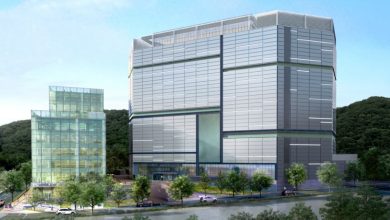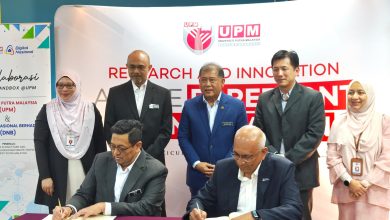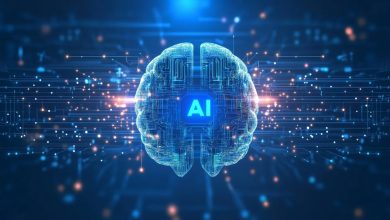Global AI Hub Aspirations Necessitates Overcoming Singapore’s IT Infrastructure Hurdles in Data Centres
Ambitious Goal Faces Many Hurdles That Begin at the Data Centre

Singapore’s recent plans to add 300 megawatts of power for data centres to handle the demands of becoming a global AI hub as part of the new Green Data Centre (DC) Roadmap necessitates changing how information is stored and processed in Singapore’s 70+ DCs for the country.
While data centres play a pivotal role in driving Singapore’s economic development under National AI Strategy 2.0, the energy-intensive nature of AI workloads presents significant challenges to Singapore’s ambitious aspirations of becoming a global AI hub.
The public sector alone, which leverages data centres to manage data to ensure the effective and continuous delivery of public services, is facing difficulties balancing energy efficiency and AI data demands. According to Pure Storage’s latest study, 77% of surveyed public agencies in Singapore are grappling with concerns about rising energy consumption as a result of AI deployment. Furthermore, 99% have reported at least a 50% increase in data storage demand due to AI.
The Green DC Roadmap may be a step in the right direction, but much more is needed to curb the rising demand for water, space, and electricity and mitigate the CO2 emissions from AI operations in data centres.
Today, well over 80 percent of all data stored globally still spins on archaic 70-year-old mechanical Hard Disk Drive (HDD) technology. A more energy-efficient alternative, semiconductor-based flash storage solutions offer up to 17 times greater storage efficiency, a longer lifespan, create over three times less e-waste, and can also reduce physical space requirements by up to 94 percent. These can reduce total current data centre power requirements by approximately 20%, potentially helping Singapore meet its carbon emission reduction targets.
Global AI Hub Aspirations Hinge on Upgrading the Underlying Infrastructure
Given the projected increase in the global market share of energy-intensive HDDs over the next four years, there is a clear need to drive awareness in data centres around upgrading IT infrastructure before embarking on new AI projects and positioning the Lion City as a global AI hub.
New guidelines should also be established to measure the efficiency of compute, networking, storage, and cooling systems. For instance, a simple policy guideline could be easily based on a measurement of maximum watts of electricity used per terabyte of data stored.
As Singapore positions itself as a global AI hub, data centres have a larger role to play in supporting economic growth while minimising environmental and community impact. By reducing data centre power, space, and e-waste, data centres can do their part in actualising Singapore Green Plan 2030 even as they cope with increasing AI workloads and strike a balance between innovation and the nation’s ESG goals.




